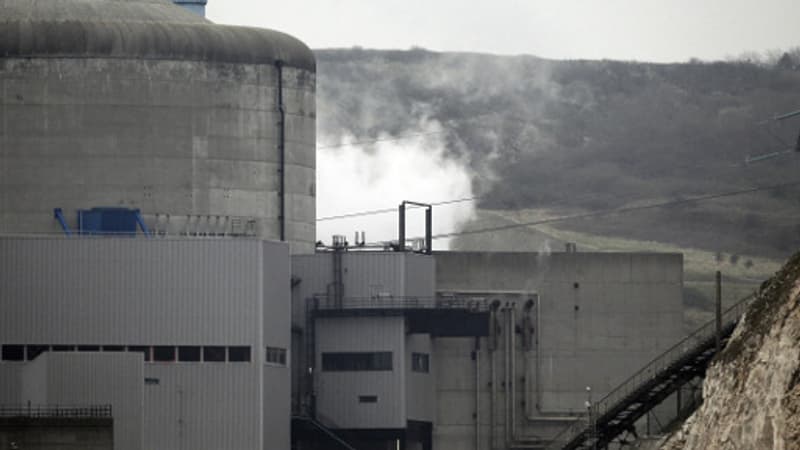EDF detected another “significant” defect due to the so-called thermal fatigue phenomenon in a weld in an emergency pipe in two reactors, the Nuclear Safety Authority (ASN) reported this Thursday, one more complication that could upset the maintenance program of the French. Energy plants.
The controls “made it possible to detect the presence of cracks due to thermal fatigue” in emergency pipes “considered sensitive to stress corrosion cracking” in reactor 2 of the Penly nuclear power plant (Seine-Maritime) and reactor 3 of the Cattenom (Moselle), according to an ASN note updated on Thursday.
In Penly 2, the crack is 57mm long, which is less than 10% of the circumference, for a maximum depth of 12mm. “It’s not trivial, it’s a significant depth,” Julien Collet, ASN’s deputy director general, told AFP. The other crack was detected in Cattenom 3, 165 mm long (representing approximately a quarter of the circumference) for a maximum depth of 4 mm.
“Stress Corrosion”
This discovery comes two days after the revelation of a crack of never-before-seen size at the Penly 1 reactor, in an emergency pipe used to flood the reactor with water in the event of a nuclear accident. This crack “extends over 155 mm, or around a quarter of the circumference of the pipe, and its maximum depth is 23 mm, for a pipe thickness of 27 mm”, the ASN had detailed.
The phenomenon called “stress corrosion” has been identified since October 2021 in several places, but it generated smaller cracks and in other areas of these pipes.
EDF is due to submit a revised control strategy to ASN in the coming days. In total, the electrician will have to check 200 welds throughout his fleet, according to ASN. Which can potentially cause prolonged shutdowns of the reactors and create uncertainties about nuclear production in 2023.
The other crack mentioned this Thursday by the ASN, however, is not linked to this phenomenon of corrosion under stress, but to that of thermal fatigue, which appears in stainless steels when a piece is subjected to temperature variations. This phenomenon is “well known and monitored for a long time in historical preventive maintenance programs,” according to EDF.
Instead, he was not expected in the area of the pipeline where it was discovered, according to ASN. “This does not change the check schedule in the short term, but EDF will have to adapt its maintenance schedule to include checks for thermal fatigue in larger areas,” Mr. Collet said.
Source: BFM TV


